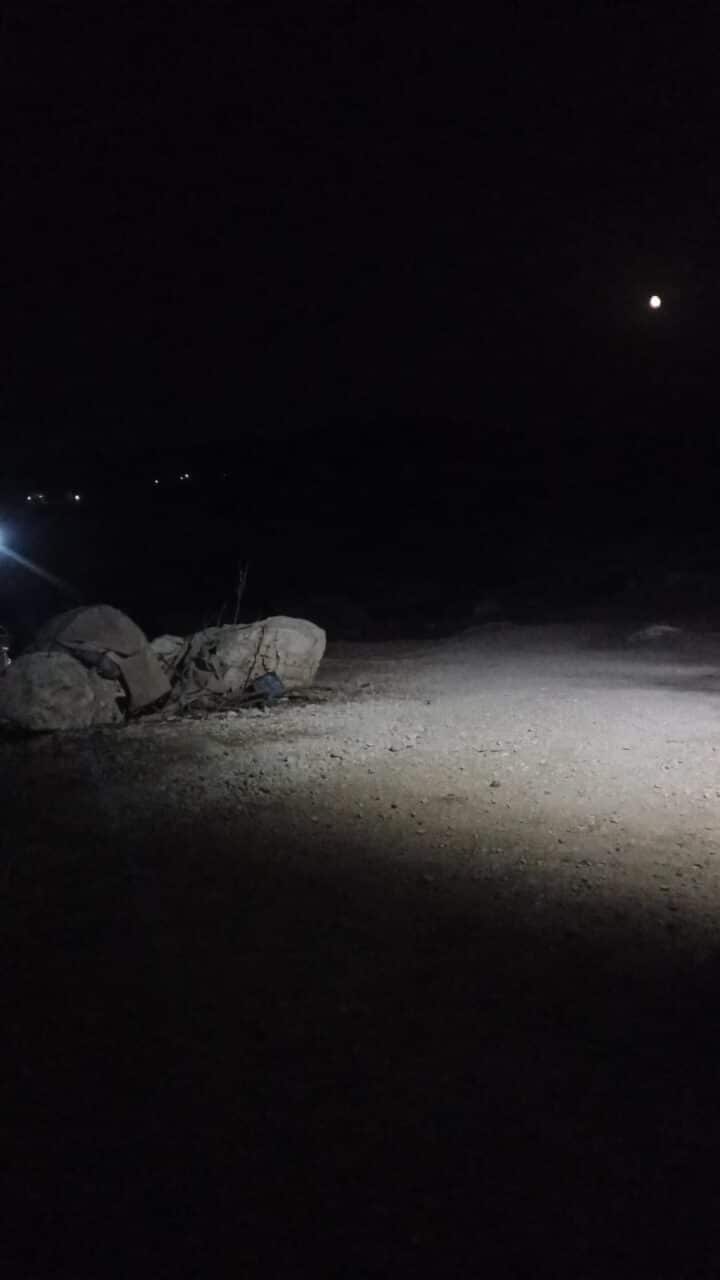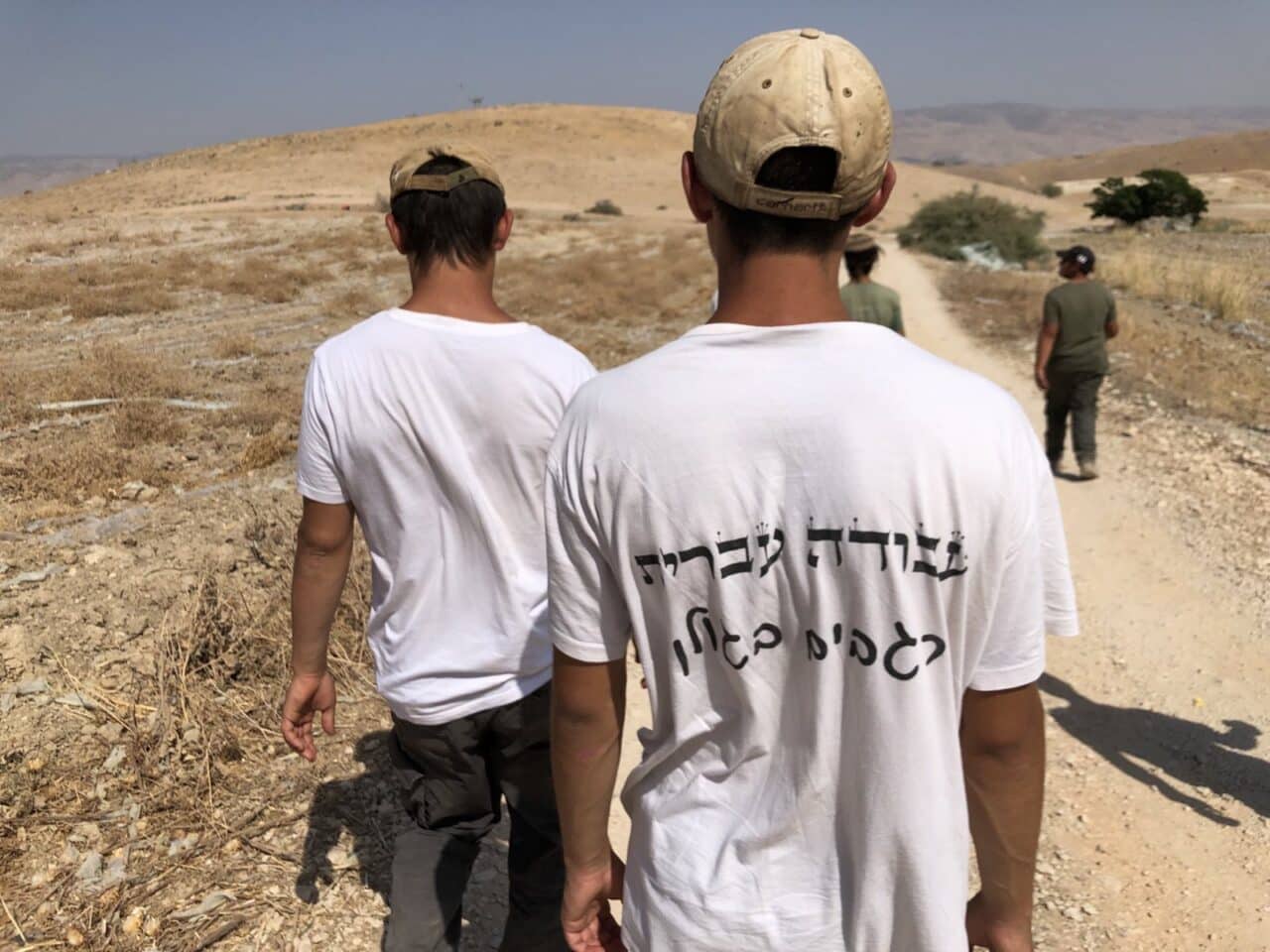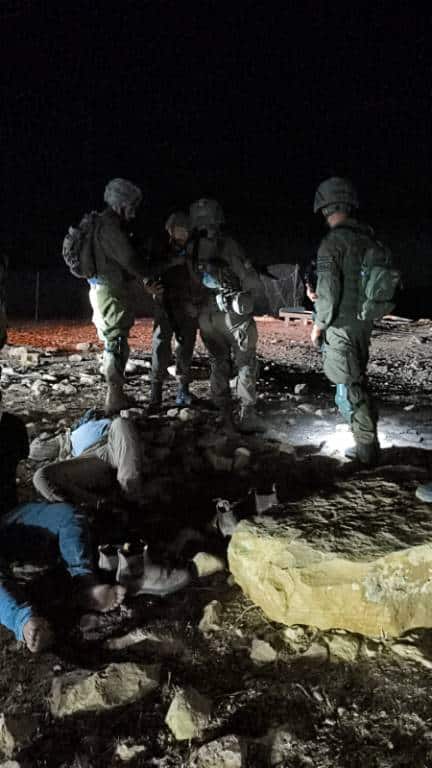Tag: Jordan Valley
-
Armed Settlers Terrorize Ibziq, Assault ISM Volunteers
On the night of August 11th, two ISM volunteers were assaulted, beaten, and robbed by a mob of at least eight armed settler reservists dressed in full military-style uniforms in the rural shepherding village of Ibziq. The volunteers were engaged in protective presence, which includes documenting illegal intrusions into Palestinian communities and recording and opposing…
-
Settler attack in Khirbet Al-Farsiyya
On August 14, 2025, at around 3am, settlers again attacked one of the families in Khirbet Al-Farsiyya, resulting in the injury of one of the Palestinian residents. Ten settlers descended the hill toward the family’s tents without using lights, going completely unnoticed by the residents who were sleeping. They attacked Shamekh Daraghmeh’s eldest son, Mustafa.…
-
Stolen sheep and their owners detained in Khirbet Hammamat Al-Maleh
Thursday night, July 17, 2025 Amid the brutal massacre carried out by settler gangs—under the protection and support of the occupation army in the Hammamat Al-Maleh area of the northern Jordan Valley—the crime did not stop at slaughtering the sheep and terrorizing families. It directly targeted two citizens: Suleiman Salem and Salem Salman from the…



